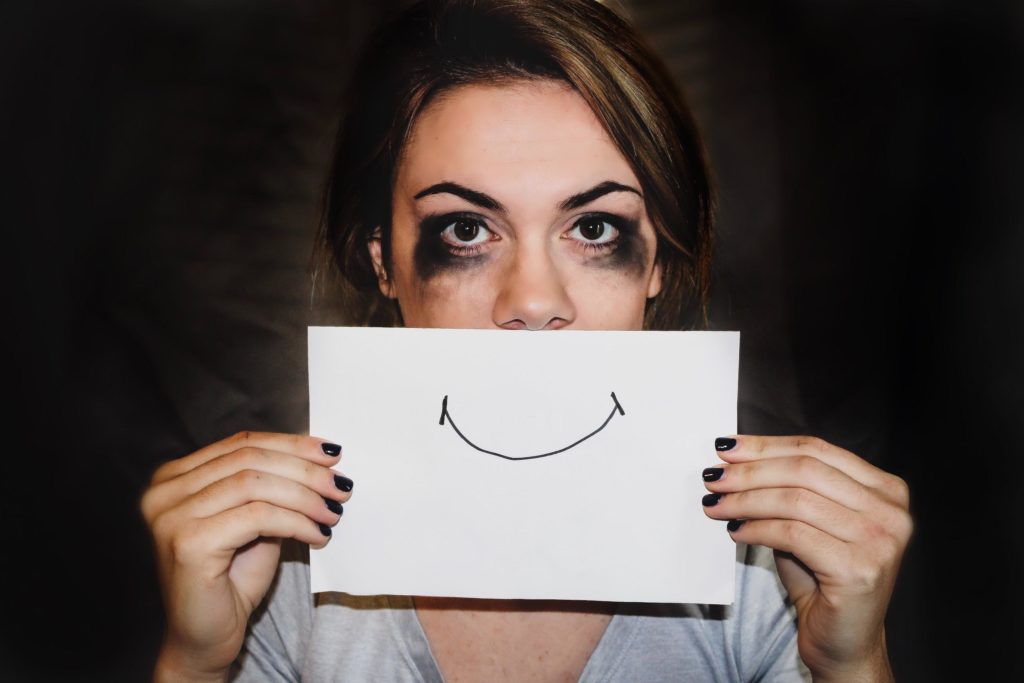Drug addiction is a rather taboo subject in the United States, despite its prevalence. Most of us probably remember the D.A.R.E program from the 1990s, which taught us to “Just Say No” to drugs—but if we’ve been taught for years that we should avoid drug use, why do so many people still try even the drugs that are known to be addictive after just one use? Let’s break it down.
Why Are Drugs Addictive?
Drugs can be highly addictive toxins, and users may eventually need addiction treatment. While drug use may start for several reasons, the addiction can be two-fold: habit and chemical dependency.
Different drugs act differently: stimulants, which tend to increase energy; and sedatives, which tend to decrease energy. Stimulants may give some people a boost, and are commonly referred to as “uppers.” Sedatives tend to have the opposite effect, causing people to feel calmer and sedate. These are known as “downers.” Some drug users mix a combination of the two to get high.
 Drugs can easily be addictive. A drug that you use with certain people, or when feeling a certain way, can quickly become a habit. Other drugs, such as heroin and meth, are chemically addictive with just one “hit,” leaving the user instantly trapped in the cycle of drug abuse. Drugs with nasty after-effects, like meth withdrawal, or those that need outpatient treatment or assisted addiction recovery, seemingly, would be unpopular. Why would anyone willingly try out an addictive drug and risk it?
Drugs can easily be addictive. A drug that you use with certain people, or when feeling a certain way, can quickly become a habit. Other drugs, such as heroin and meth, are chemically addictive with just one “hit,” leaving the user instantly trapped in the cycle of drug abuse. Drugs with nasty after-effects, like meth withdrawal, or those that need outpatient treatment or assisted addiction recovery, seemingly, would be unpopular. Why would anyone willingly try out an addictive drug and risk it?
Why Would Anyone Use Drugs?
If we know drugs can be habit-forming, addictive, and medically dangerous, why do people still use them? Here is a list of reasons why you or a loved one may have tried or been thinking about trying drugs:
- Curiosity: Drugs have a certain mysterious element to them. Humans are naturally curious creatures, so the allure of drug use is not immune to that element of our nature. Children often experiment by pushing boundaries or saying certain words, to check the reaction from adults and learn by experience. Teenagers and adults are no different. It can be tempting to test out for yourself what a drug really feels like, and people often tend to think of themselves as being luckier than others when it comes to negative consequences.
Addicts often had no intention of becoming users; they just wanted to know what a certain drug high felt like. With some drugs, there can be the opportunity to try and not become addicted; but, with other drugs, like meth, one high is all it takes to be fully addicted.
- Stress: Everyone experiences stress, but how we all handle it can vary widely. While some look to food to comfort a bad day, others look to drugs to numb the pain of a difficult existence. Whether it’s teenagers looking to unwind after a rigorous week of exams or an adult whose coping skills were thwarted by a difficult home life, anyone can be fooled by the promise that a drug high offers.
- Peer pressure: This one is a classic for all ages. Peer pressure can affect all ages and all types of risky behavior. Teenagers are especially prone to giving in to the cheers or jeers of their classmates and, for kids who haven’t had much time to work on their inner compass, a friend offering a drug might as well be offering a cupcake. Trying to fit in or look cool can be huge driving forces for younger drug users to start and continue to use.
- Self-medication: This is a tough one. Huge numbers of Americans are being treated with opioids now, for pain and other ailments, and the numbers of citizens overdosing daily have skyrocketed. Part of this is due to the simple fact that prescription painkillers are often easier to get than a street drug like heroin or meth, and people fool themselves into thinking they aren’t an addict if the drug was prescribed by a doctor.
This couldn’t be further from the truth. The strength of most prescribed painkillers is the same as what you can buy on the street and they are equally, if not more so, addictive. The ease at which pills can be bought and sold and the seeming legitimacy the pharmacy label seems to give these drugs has massively contributed to the rise in people addicted to pills.
But, for many, the pain is real. While a prescription may have originally been given to help ease the pain of a broken leg or bad back, the body’s pain receptors don’t know the difference, and if patients and doctors don’t work together closely, it is easy for the patient to become addicted to the substance.
Additionally, some people cannot afford to seek medical treatment for their physical or mental pain and may self-medicate without being properly diagnosed and prescribed the correct treatment. Self-medicating to deal with medical issues is quite common. Many drug rehabilitation programs will focus on working through this with you.
- Weight loss: Some drugs, like marijuana, have the reputation for giving users the “munchies,” meaning it makes them crave foods and increases their hunger. However, other drugs, such as cocaine, have the opposite effect. Teenagers and some adults may use these drugs to stave off hunger cravings and increase energy without increasing their caloric consumption. This behavior may be coupled with other eating disorders and body dysmorphia, furthering the need for proper treatment and diagnosis from a doctor.
- Genetics: Believe it or not, some people may be more predisposed to drug use and addiction than others. Those users whose parents or other family members were drug or alcohol addicts may be genetically more likely to experiment with drugs and, possibly, become addicted. It may be hard to know if this is the case for you or not, but being aware of your family history and sharing that with your loved ones can keep everyone informed.
- Depression and mood disorders: Along with drug addiction, mental health is a difficult topic to address. Though the stigma is starting to fade, those with mental health disorders, such as depression, bipolar disease, PTSD, anxiety, and other disorders, may be especially prone to experiment with drugs, regardless of the consequences.
 For some, this can be a form of escapism from a difficult home life or unfulfilled expectations. For others, it may be a way to quiet a constantly racing mind or to get some self-esteem that would otherwise be lacking. Drugs that make people lose their inhibitions or feel euphoria can become especially addictive to those with depression and mood disorders, as it may be their only way to feel in control of their emotions.
For some, this can be a form of escapism from a difficult home life or unfulfilled expectations. For others, it may be a way to quiet a constantly racing mind or to get some self-esteem that would otherwise be lacking. Drugs that make people lose their inhibitions or feel euphoria can become especially addictive to those with depression and mood disorders, as it may be their only way to feel in control of their emotions.
How Do I Get Help if I Am Addicted to Drugs?
If you have or someone you love has experimented with drugs and become addicted, you are not alone. Addiction is no joke, and we know how hard it can be to navigate drug treatment centers and addiction recovery. BlueCrest Recovery Center has trained, compassionate experts on staff to help you find your best outpatient detox or substance abuse treatment options. Call them today at 888.292.9652 or chat with them online at www.bluecrestrc.com. Don’t put off addiction recovery another day!














